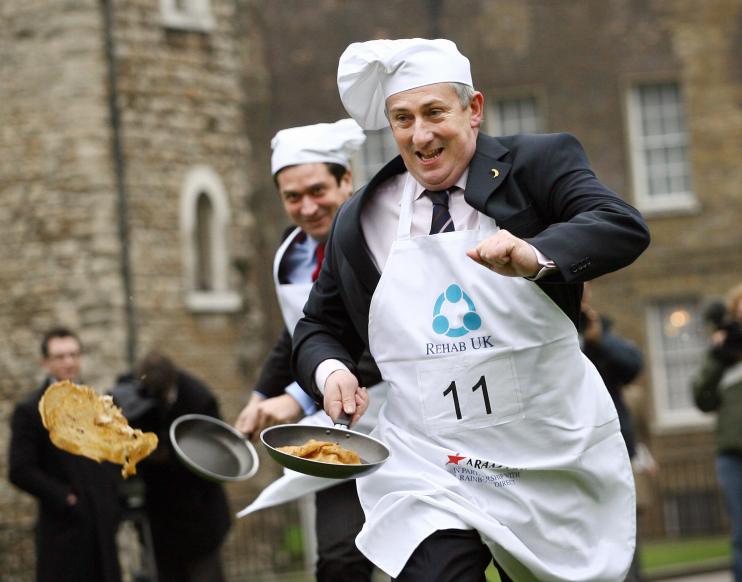Sir Lindsay Hoyle elected as speaker – but who is he?

Sir Lindsay Hoyle was last night elected as the 158th speaker of the House of Commons – but who is the man who has taken on one of the most important roles in parliament?
Who is Hoyle?
Hoyle has been a Labour MP, representing Chorley, in Lancashire, since 1997.
He has been the main deputy speaker – in the role known as chairman of ways and means – since 2010, appointed by a ballot of MPs rather than through the Leader of the House’s nomination, as had been the case previously.
Hoyle, who was the frontrunner in the contest since John Bercow confirmed he would stand down at Halloween, started out as a local councillor at just 22 years old – making him the town’s youngest.
He was knighted in 2018 for parliamentary and political services.
What happened last night?
Hoyle fended off seven other candidates, including Mother of the House Harriet Harman, to succeed Bercow in the chair. The secret ballot knock-out process lasted over much of yesterday as rivals were whittled down vote by vote.
Hoyle’s pitch focused on pledging to reform the speaker’s role, including a promise to end the “club” of calling senior MPs first in debates. He told MPs he would ensure backbenchers can hold the government to account.
He was theatrically “dragged” from his seat on the green benches by Tory MP Nigel Evans and Labour’s Caroline Flint – symbolising the ‘reluctance’ of MPs to take the chair.
After finally securing more than half votes, Hoyle said he would ensure the “tarnish is polished away” from the Commons.
“As an impartial, fair and independent chair, I intend to maintain public trust in this most vital of institutions,” he said. “I believe that MPs provide an essential service and I will make sure they are properly supported in this challenging role.
“Equally, I will ensure that parliamentary debate is often robust but always respectful.”
He also paid tribute to his daughter Natalie, who died two years ago, saying, “I wish she’d been here”.
What happens now?
Hoyle will theoretically have to stand in the general election – although convention is that the speaker, whose role is impartial, goes unchallenged.
But where Bercow stretched the limits of the role, breaking with conventions and appearing to have favourites, the hope is that Hoyle will take a more neutral approach.
In his role as chair of ways and means, Hoyle selects amendments to be considered when MPs sit as a committee of the whole house, such as with the Early Election Bill, last week.
His decision to rule out amendments that did not fall within the remit of the Bill – saving the government from facing potentially wrecking amendments including the insertion of a customs union or a second referendum, did much to bolster his reputation as a someone who would play by the rules, unlike his predecessor.
That will be tested when MPs return after the election, regardless of who is in government, with his role giving huge influence over the type of Brexit that parliament ultimately backs – and with it, the country’s future.
Main image: Getty